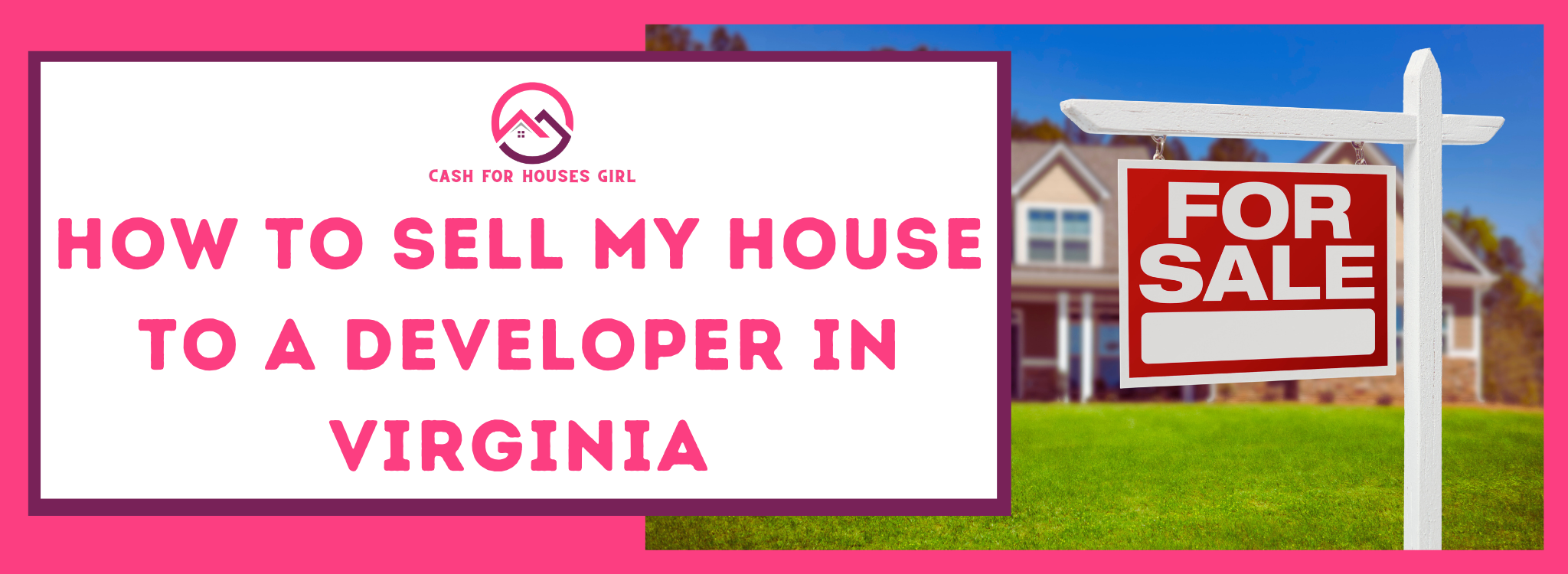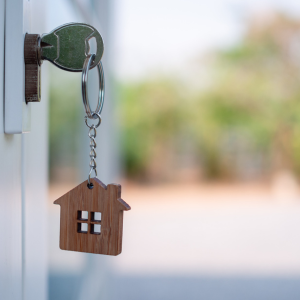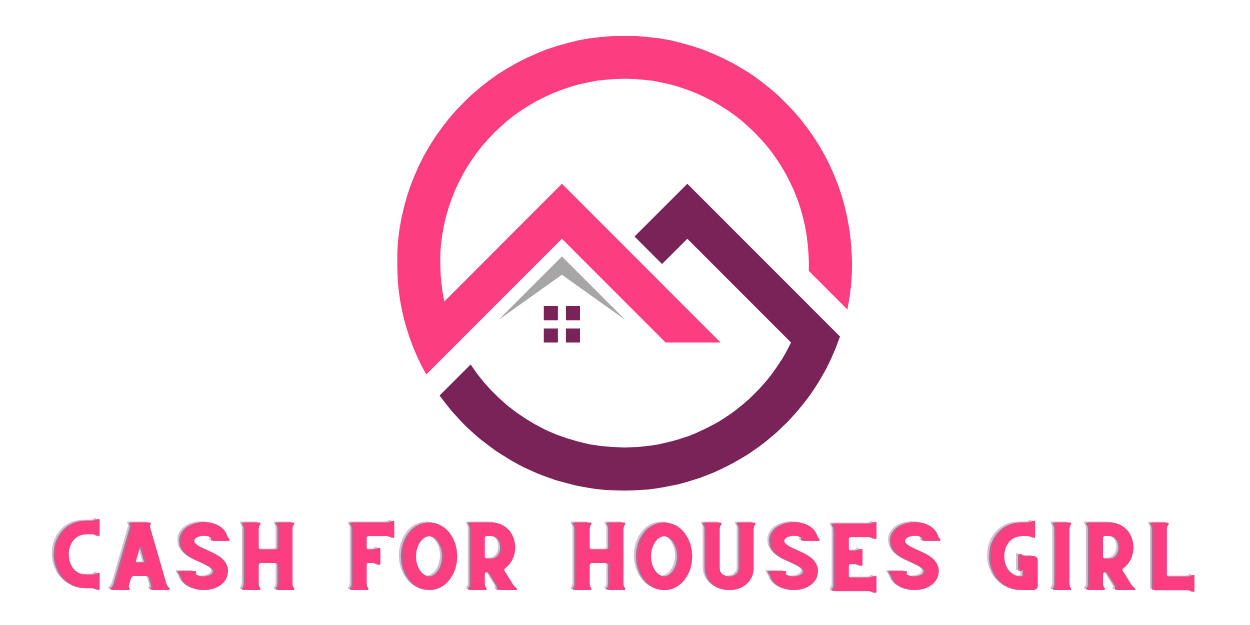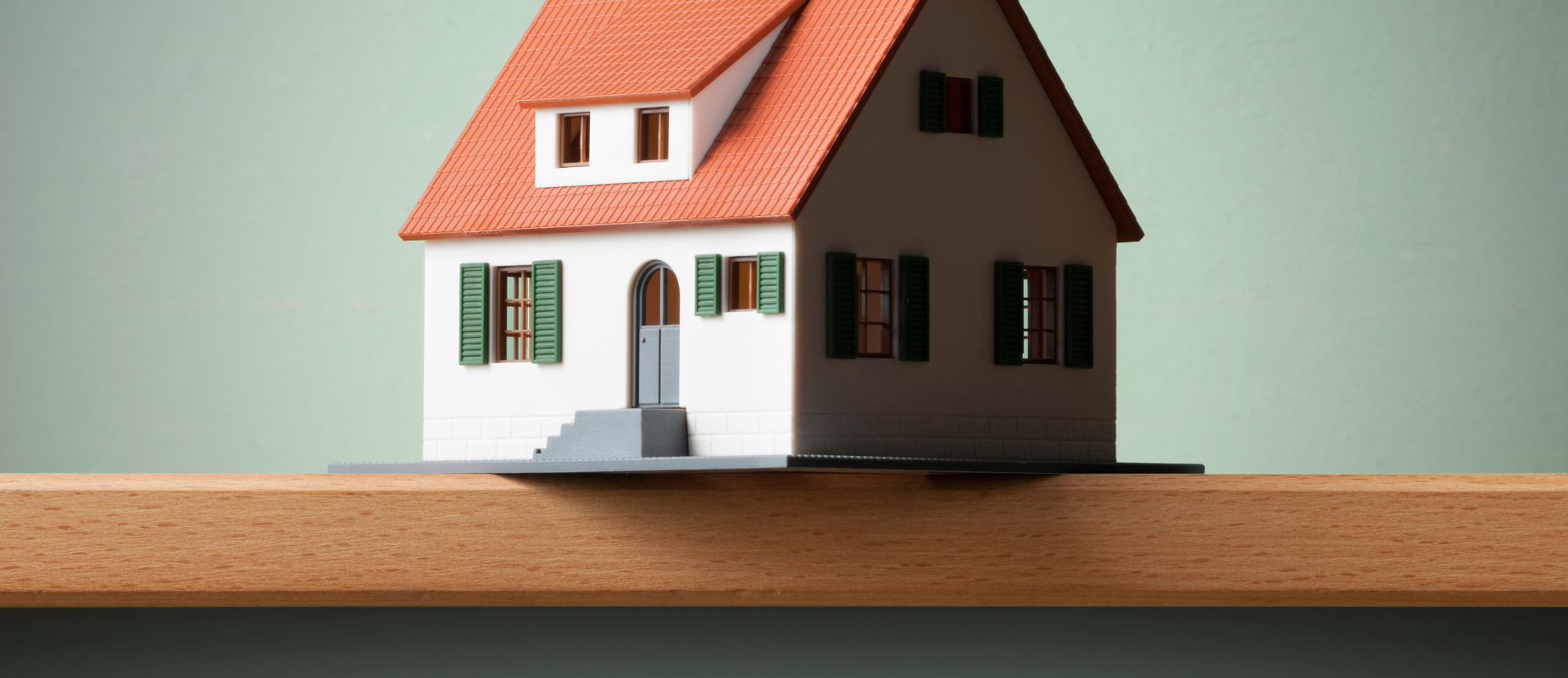
Selling Your Home to a Developer: What’s the Process?
What Steps Should You Take Before Selling?
Are you thinking about selling your home in Virginia? Start by understanding the real estate market and current market conditions. Look at recent home sales in your area to see what buyers pay. This will help you set a good price for your home.
Next, prepare your home. You don’t need to do major renovations, but small improvements help. A fresh coat of paint or some basic landscaping can boost curb appeal. A clean and well-maintained house attracts more interest from developers, possibly leading to higher offers.
If you’re in Virginia, research local trends. Know how homes in your neighborhood are selling to improve your negotiating position. Each market is different, so gather information specific to your area.
How To Find the Right Developer in Virginia?
Finding the right developer is key. Look for developers with a strong track record nearby. Ask friends or family with experience with real estate professionals or developers for recommendations. This is a reliable way to find good contacts.

Thoroughly check potential developers’ credentials. A qualified developer will have a history of successful projects and should provide references. Evaluate potential developers based on their experience and understanding of your market.
Meet with a few developers to discuss your property. This helps you see who is the best fit for you. A good developer will be open to negotiations and aim to smooth the process.
In Virginia, reputable real estate professionals can connect you with trustworthy developers. They often have established networks that simplify choosing the right developer. As with preparing your home, research can save you time and secure the best deal.
If unsure about any step in this process, engage with the community. The more perspectives you gather, the more informed your decisions will be. Don’t hesitate to ask questions or share your experiences—every bit of insight helps!
Negotiating the Best Deal for Your Home

Negotiating your home’s sale can be stressful, but you can secure a great deal with the right approach and understanding. Let’s look at some key points to focus on while negotiating.
What Are Key Negotiation Strategies?
Knowing your property’s value is vital to negotiating well. Start by doing a thorough market analysis to see where your home stands. Check out comparable sales in your area and talk to real estate experts to understand current trends. Knowing your home’s appraisal value will help you develop a good pricing strategy.
Set clear expectations from the start. Decide what price you’re willing to accept and where you might have room to negotiate. Remember, negotiation isn’t just about the price—it also includes things like contingencies and closing dates that can make the deal better for you or the buyer.
How To Handle Offers from Developers?
Getting offers from developers or cash buyers can differ from traditional ones. Usually, these offers are simple, with fewer contingencies. Here’s how you can handle them:

- Evaluate the Offer: Compare the developer’s offer with recent MLS listings to ensure it’s competitive. Developers may offer cash deals, which can speed up the selling process.
- Consider Financial Aspects: The financial perks, such as quick closing times and reduced real estate agent fees, often come with a developer’s offer.
- Understand Contingencies: Developers might have fewer contingencies, simplifying the sale process. However, check any conditions they might impose to ensure they match your expectations.
By carefully analyzing and comparing all offers, you can make a smart decision that best suits your needs.
If you’ve had experience negotiating with developers or have tips on handling various offers, feel free to share your insights! What challenges did you face, and how did you overcome them? Engaging with others who have been through similar experiences can provide valuable perspectives.
Legal Considerations When Selling Your House in Virginia
Selling a house in Virginia means you must know some legal stuff, especially if you sell to developers. You must follow state laws; having a real estate attorney can greatly help. Understanding how property title transfers work when selling your home is important.

Which Legal Documents Are Required?
In Virginia, you must prepare key documents when selling your house. The main one is a purchase agreement, which details the sale terms between you and the buyer. You also need property disclosures that let buyers know about any issues with your property. These are important for staying honest and following state rules. Getting these documents right can help avoid future legal problems.
Talking to a real estate attorney is smart for advice on what documents and contracts you need to sell your house in Virginia. They can give you the guidance you need to meet all legal requirements during your home sale.
What Role Does a Real Estate Attorney Play?
A real estate attorney must ensure that everything legal in your home sale is done right. In Virginia, an attorney helps you understand state laws, ensure your contact details are correct, and follow the law. Their expertise can be very helpful, especially when selling to developers, to ensure everyone meets their legal duties and the deal goes smoothly.
A Virginia real estate attorney will also handle compliance issues, help prepare the deed, and oversee the closing process. This gives you peace of mind that your legal matters are in good hands. Hiring a knowledgeable attorney is a smart move for complex real estate transactions.
What Are the Pros and Cons of Renovating?
Renovating a property has its ups and downs. Let’s look at both sides.
Pros of Renovating:

- Enhance Property Value: Renovations can increase the value of your property. Upgrades like modern kitchens or bathrooms often pay off when selling.
- Real Estate Investing: Strategic home improvements can attract buyers if you’re in real estate. Knowing Virginia home appraisal tips can help you make smart improvements.
- Personal Enjoyment: Renovating lets you customize your home to fit your style and needs, providing more satisfaction and comfort.
Cons of Renovating:
- Renovation Costs: Renovation costs can add up quickly. To avoid financial problems, it’s important to calculate all possible expenses before starting.
- Time and Effort: Renovations take time and effort, often more than planned. This can be inconvenient, especially if you live in the house during the updates.
- Risk in Investment: Not all upgrades increase property value. You might not see a return if they don’t match buyer expectations or neighborhood standards. Understanding the local market is key before investing heavily.
Are you thinking about renovating your home? Share your experiences or ask for advice below!
Is Selling As-Is a Better Option?
Selling your home as-is might be a good choice if you want to sell fast. But is it the best choice for you? Let’s find out.
Benefits of Selling As-Is:

- Quick House Sale: Selling as-is can speed up the sale. It’s attractive to cash buyers and anyone looking for a quick deal. If you have a distressed property, this can lead to fast returns.
- Reduced Stress and Effort: You don’t need to make repairs or stage the home, which makes selling easier. This allows you to concentrate on moving.
- Virginia Home Sale Advice: In some markets, like Virginia, selling as-is may attract buyers interested in fixer-uppers who plan to do renovations themselves.
Challenges of Selling As-Is:
- Potential Lower Offers: Buyers often expect a lower price for as-is homes due to repair needs. This might mean accepting less money than if you had done renovations.
- Limited Buyer Pool: Some buyers might avoid properties needing major repairs, especially if they lack renovation experience or can’t get financing.
Deciding whether to renovate or sell as-is depends on your situation, the state of your property, and your financial goals. Have you sold a house as-is or bought one? Share your experience with us!
After the Sale: What Are Your Next Steps?
How Should You Prepare for Closing?

As you prepare for the closing phase, ensure you’re well-prepared for a smooth process. Start by collecting all the required documents, like the property’s title and lender payoff letters. You’ll also need government-issued IDs. Work with your real estate professionals and lender to confirm that all necessary paperwork is in order.
Talk to financial institutions to ensure all financial requirements are met. This might mean transferring funds or fulfilling specific conditions set by your lender. Plan a final walkthrough of the property with your real estate experts to make sure everything matches what was agreed upon before finalizing the deal.
Completing these steps on time will help avoid last-minute problems, making closing day go smoothly.
What Happens Post-Sale?
After the sale, focus on moving logistics and planning your next steps. If you haven’t yet, arrange relocation services to help manage your move. Having a detailed moving plan can make this process easier and less stressful.

Learning about real estate investment could be useful for those selling property in Virginia or elsewhere. Consider your next investment or home and how it fits your long-term goals.
Managing this change well involves organizing moving logistics and preparing the property for new owners. Working with experienced relocation services can make this process much easier and allow you to focus on what comes next.
By taking care of each detail, you can confidently step into this new phase, whether relocating nearby or exploring a new investment opportunity.
FAQs:
What steps should I take to sell my house to a developer in Virginia?
To sell your house to a developer in Virginia, start by checking local zoning laws. They affect what developers can build. Next, get a property appraisal to determine its value. Research the market to see if developers are interested in similar properties. Talk to a real estate attorney for legal advice and help with contract terms.
How can I determine the value of my property when selling to a developer?
You can find your property’s value by getting a professional appraisal. Look at recent sales of similar homes in your area for market trends. Consider any special features or upgrades your home has that might interest developers. A market analysis can also give clues about what developers might pay.
Are there benefits to selling my house ‘as is’ to a developer in Virginia?
Yes, selling ‘as is’ can save you money on renovations and speed up the sale. Developers often plan their changes, so they may not mind getting the property as it is. This can lead to a quicker closing if they want to start their project soon.
What are the risks involved in selling my property to a developer?
There are risks, like possibly getting lower offers than traditional buyers. Developers might also change their plans. It’s important to check contract terms that allow them to back out. Having a real estate attorney can help protect you during the process.
How can I find reputable developers interested in buying homes in Virginia?
Research the local real estate trends and find active developers nearby. You can attend open houses or join real estate investment groups where developers network. Online listings and platforms can also help. Working with a real estate expert who knows developer sales can be useful.
What documents must I prepare when selling my house to a developer?
You’ll need the title deed, an appraisal report, and records showing any liens or claims against your property. Prepare inspection reports and ensure your home meets housing codes. Having a draft purchase and sale agreement ready can help when negotiations start.
Is it advisable to use a realtor when selling to a developer?
Using a realtor can be helpful, though it’s not required. They know the market, connect with developers, and negotiate well. Realtors also handle contracts and compliance, making the process smoother.
How can I negotiate effectively with a developer interested in my house?
To negotiate well, know your home’s value and have clear goals. Be ready to discuss prices, closing dates, and contingencies. A real estate attorney or professional can provide expertise and help negotiate better terms. Good communication and flexibility are key to reaching a deal that works for both sides.
Key Insights
- Understanding the real estate market is crucial to selling your house in Virginia. Focus on pricing strategy, what buyers want, and who the top developers are in Virginia.
- Negotiating with developers can lead to a quick sale. Weigh the benefits and risks of selling to a developer, especially if you have vacant land or a fixer-upper.
- If you are selling a house as-is or an inherited property, talk to a real estate attorney about legal considerations like zoning laws and easement issues in Virginia.
- Check out Virginia’s housing demand and market trends. Knowing the value of your home and the required documents will make the process smoother.
- When selling your home, remember the importance of a thorough inspection. Address any liens or encumbrances, and know the tax implications of selling a house in Virginia.
- Maximize your property’s appeal by staging your home and considering renovations that could increase its market value.
- Engaging with the community can provide insights into FSBO (For Sale By Owner) options and effective marketing strategies for selling your home or land.
- Look at different offers and consider a cash offer for faster closing. Have all contracts reviewed by a real estate attorney to avoid pitfalls.
- Whether aiming to avoid foreclosure or sell quickly, explore communication avenues with developers and investors in Northern Virginia.
- Stay informed about environmental assessments and compliance, especially in Wakefield and Big Lick areas.
This information applies to Virginia and its cities, including Alexandria, Fairfax, Richmond, and more. For assistance or questions, please call us at (804) 376-8771. You can also visit our website at Cash For Houses Girl for more details.
Helpful Virginia Blog Articles
- The Right Way to Sell a Condemned House in Virginia
- Selling a House with Fire Damage in Virginia
- Squatter’s Rights in Virginia
- Stop Foreclosure in VA
- Selling a House with Asbestos in Virginia
- Selling A House When Behind On Payments in Virginia
- Sell a Hoarder House in Virginia
- How to Sell a House in Probate in Virginia
- How to Sell My House to a Developer in Virginia
- Selling A House During Divorce In Virginia
- Understanding Who Pays For Home Appraisals And Inspections In Virginia Real Estate



